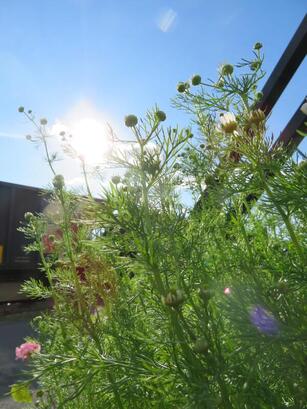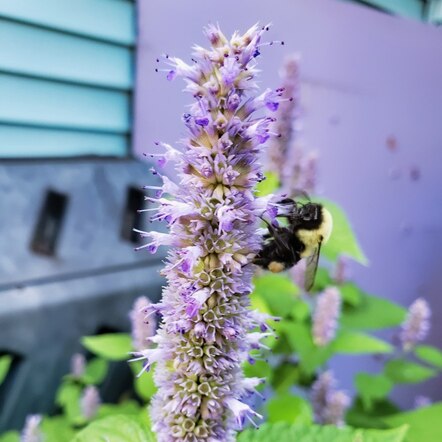|
One of the great things about herbs is that they directly contact our digestive tracts when we consume them, making it quite easy for herbs to affect this body system which is at root of good health. There are two kinds of herbs in particular that support digestion: carminatives and bitters. Keep reading to learn more!
And please keep in mind that things vary from person to person. Please seek medical advice if you are experiencing concerning GI symptoms. If you would like any guidance in using herbs to support digestion then please schedule an appointment with one of our herbalists. And also please keep in mind some of these ideas for supporting good digestion in general:
Carminatives Carminatives are a great kind of herb for digestion. They generally help because of the presence of volatile oils (also known as essential oils) which relax smooth muscle and relive pain. Carminative herbs often have many benefits for digestion, but they are most well known for relieving gas and bloating, as well as feelings of fullness, distension or spasm. A nice way to enjoy carminative herbs is as a warm cup of herbal tea taken after the meal which can help to better assimilate the food and relive discomfort. Example carminative herbs include:
Bitter The bitter flavor is one that has been largely removed from the modern U.S. diet, but it has a lot of beneficial effects! Simply tasting the bitter flavor 10-15 minutes before a meal (such as with 5-10 drops of a bitters tincture) can stimulate the body to begin the digestive process. This means especially that digestive juices including saliva and stomach acid begin to flow. With the stimulating of digestive secretions this may help the body to more completely break down the food, preventing digestive problems further down the line, as well as increase feelings of satiety earlier in the meal, and increase motility in the lower GI. Example herbs include:
Putting it together Bitters are often combined with warming herbs or carminative herbs to balance their strongly cooling and drying qualities when taken in excess. Some herbs such as ginger carry several of these properties in the same herbs. To round out a meal you could try a little bit of a bitters to stimulate things at the start, and a nice cup of carminative tea at the end to settle things down. You could also try adding in bitter and carminative herbs INTO your food - kale, arugula, endive and other greens are bitter, and most of the common kitchen spices are carminative, especially if they are very aromatic (and especially those listed above). So go ahead, give some of these herbs a try, and please reach out if you'd like an individual advice with a consultation. Enjoy!
10 Comments
With things really heating up our there we thought it would be a good idea to share some ideas for how to stay cool with plants. Below is a list of herbs, fruits and veggies that are all known in one way or another to be "cooling." By adding these into your diet, making them into a tea or other beverage, or cooking them into with your food you may feel a bit more refreshed and at ease. Check out the lists below and see if anything jumps calls out to you to bring into your life these hot summer days. Some of these ideas come from ayurvedic classifications, with references noted in parentheses and at the bottom. HerbsFresh for cooking/eating:
Bitters Take as a tincture before a meal, or mixed into a refreshing beverage. Can combine with aromatic hers for better flavor, or check out Urban Moonshine's bitters blends.
Mint teas
Refresh body and spirit with cooling nervines, as cool infusions or tinctures
Local foods to cool down Fruits to eat:
Vegetables to eat
References |
Details
RAILYARDCheck in here to keep updated on news and activities at the apothecary. Archives
April 2024
Categories
All
|
railyard apothecary
*These statements have not been evaluated by the Food and Drug Administration. This product is not intended to diagnose, treat, cure, or prevent any disease. For educational purposes only.
|
|



 RSS Feed
RSS Feed
